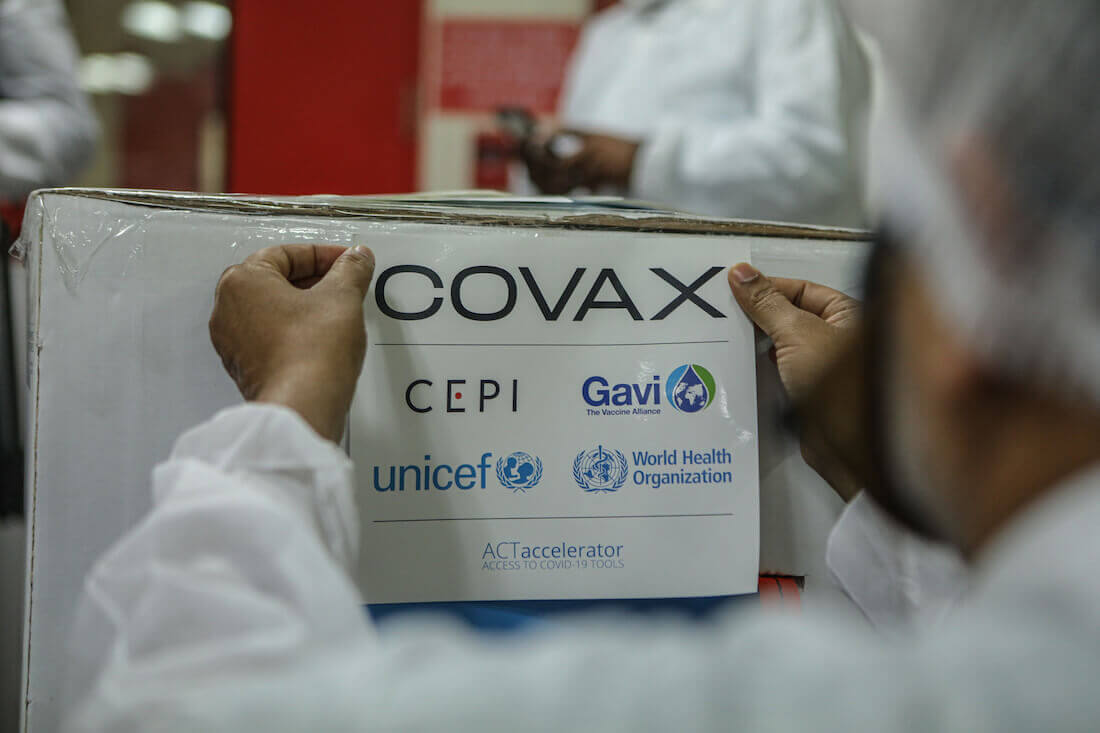COVAX, the global vaccine-sharing programme, has scaled back the number of COVID-19 vaccine doses allocated for North Korea, as the country has so far neglected to arrange for any shipments.
According to a website dashboard maintained by the United Nations Children’s Fund (UNICEF), the number of doses designated for North Korea now stands at 1.54 million, down from 8.11 million last year.
A spokesperson for Gavi, the Global Vaccine Alliance, informed that COVAX is moving to needs-based vaccine allocations this year, and therefore, the accumulation of previously allocated doses to North Korea is “no longer relevant.”
“Vaccines were allocated to [North Korea] on technical considerations to enable the country to catch up with international immunisation targets in 2022 in case the government decides to introduce COVID-19 immunisations as part of the national pandemic response,” the spokesperson told Reuters on Thursday. “Gavi and COVAX are continuing the dialogue with [North Korea] to operationalise the COVID-19 immunisation program,” the Gavi spokesperson added.
Although North Korea has refused to acknowledge the existence of COVID-19 within its borders publicly, last February the country reportedly attempted to steal COVID-19 vaccine technology from American pharmaceutical company Pfizer. It remains unclear what data was stolen.
COVAX reportedly scales back the number of #COVID19 vaccines allocated to #NorthKorea as it shifts to a needs-based system, but officials remain in dialogue with North Korea on operationalizing a COVID immunization program, according to @Reuters https://t.co/ERayTc5KZK
— NCNK (@NCNKorea) February 10, 2022
Despite vague admittance of the virus, North Korea rejected planned shipments of AstraZeneca’s COVID-19 vaccines last year that had been organised under COVAX due to concerns over side effects, a South Korean think-tank said at the time. Furthermore, the country also rejected an offer of 3 million vaccine doses of China’s Sinovac Biotech, UNICEF said last year.
Moreover, the country has been undergoing a severe economic crisis, which is largely attributed to the imposition of one of the world’s most stringent lockdowns. As part of the preemptive measures, the regime even halted trade and people-to-people exchanges by sealing its borders to China last year, which is its main economic lifeline. International sanctions on Kim’s administration over its nuclear weapons programme have further strained the economy.
In line with its past preventive measures against the virus, the secretive regime’s state media said Tuesday that Pyongyang aims to increase its government spending on pandemic measures by one-third this year in order to carry out Supreme Leader Kim Jong Un’s calls for a more “advanced and people-oriented” virus response.
Against the backdrop of its COVID-19 fuelled economic crisis, the UN special rapporteur on human rights in North Korea, Tomas Ojea, has also previously called for UN Security Council sanctions on North Korea to be eased in order to “facilitate humanitarian and life-saving assistance and to enable the promotion of the right to an adequate standard of living of ordinary citizens.”

